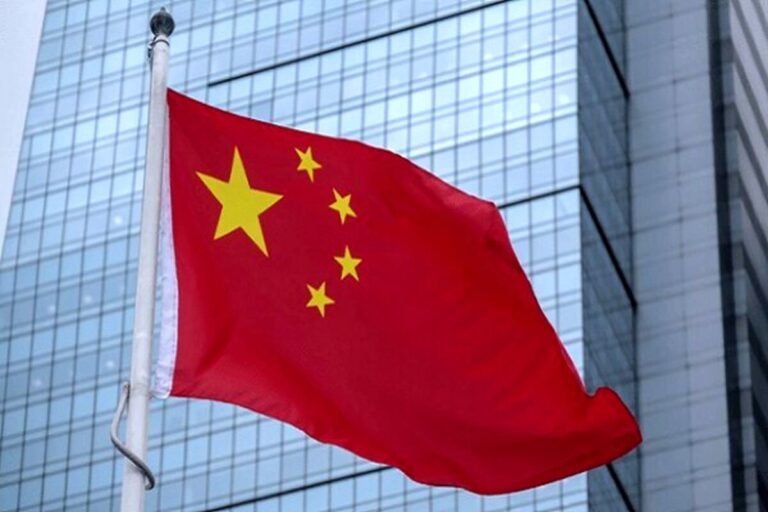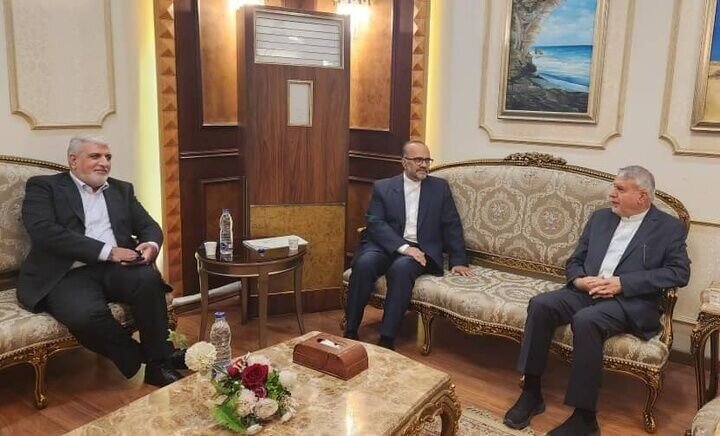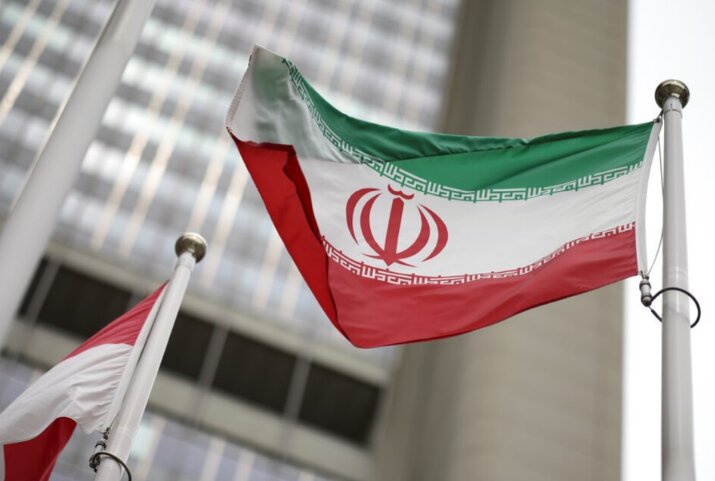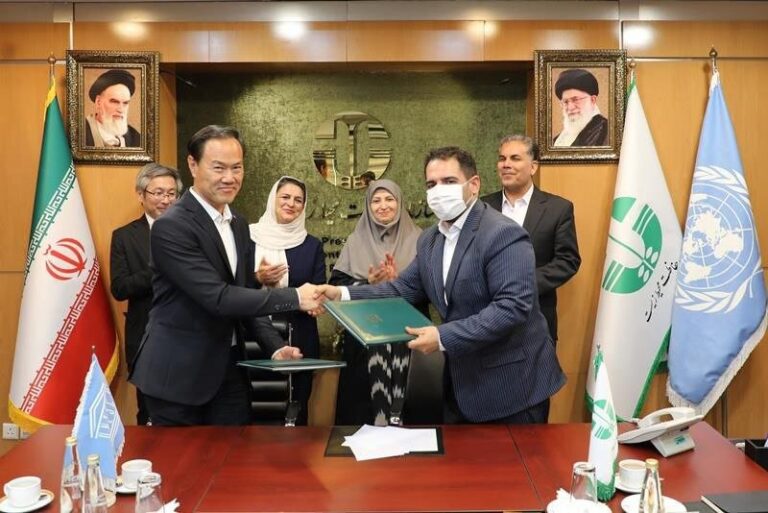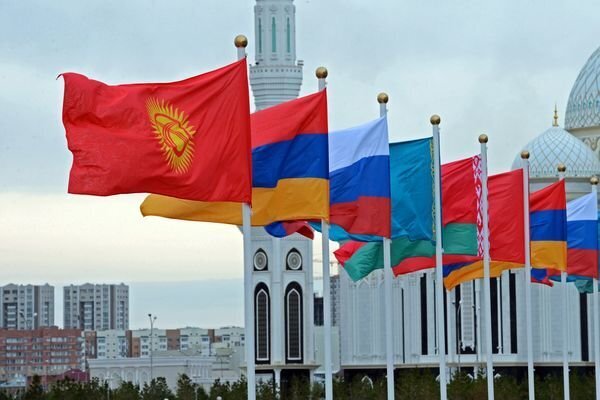Russia Stands Firm with Iran Amidst US ‘Maximum Pressure’ Tactics
In 2025, Iran and Russia cemented their alliance with a pivotal Strategic Comprehensive Agreement, marking a significant step in their cooperation across economic, political, and security domains. This crucial pact, consisting of 47 articles, aims to strengthen their partnership in the face of escalating Western sanctions, enhance regional stability, and promote strategic initiatives such as the North-South Transport Corridor. This agreement also reflects a considerable geopolitical shift, particularly as the world adjusts to Donald Trump’s return to the U.S. presidency and the reimplementation of his “maximum pressure” policy on Iran.
To delve deeper into the repercussions of this agreement for Iran-Russia relations, global power dynamics, and stability in West Asia, the Mehr News Agency consulted with Lana Rawandi-Fadai, a Senior Researcher and Head of the Oriental Cultural Center at the Institute of Oriental Studies, Russian Academy of Sciences.
In our discussion, we explore critical aspects such as the potential of this agreement to shield both nations from sanctions, how it may redefine Iran’s approach toward the West, and the implications it carries amid heightened global tensions.
- Key Aspects of the 2025 Iran-Russia Agreement
The Russian-Iranian Agreement of 2025 encompasses 47 articles that focus on vital areas of cooperation:
- Protection of territorial integrity
- Counter-terrorism and extremism efforts
- Economic collaboration
- Regional security
This agreement lays the groundwork for initiating a plethora of projects across various sectors of trade and economic cooperation. A prominent objective is to enhance the efficiency of the North-South international transport corridor. Furthermore, both nations have committed to collaborating on arms control, disarmament, and international security. They also intend to foster media collaboration to counter disinformation and propaganda.
President Vladimir Putin characterized his discussions with Pezeshkian as “substantial and practical,” highlighting the Comprehensive Strategic Partnership Agreement as a document that sets ambitious goals and outlines guidelines for strengthening long-term cooperation in politics, security, trade, investment, and humanitarian endeavors. As stated by Putin, this is a groundbreaking document that establishes essential conditions for the sustainable development of Iran, Russia, and their broader Eurasian region.
- Impact on Sanctions Easing
This agreement was largely motivated by the need to combat the stringent Western sanctions imposed on both nations. It includes provisions for economic and energy cooperation aimed at alleviating the impact of these sanctions on their economies. According to the Iranian ambassador to Moscow, Kazem Jalali, the two countries are working towards establishing a secure communications network for financial transactions to bypass the SWIFT system. “I can call 2025 the year of solving financial problems in Russian-Iranian relations,” Jalali stated.
Currently, Iran and Russia have nearly transitioned to using their national currencies for trade, with the share of transactions in Russian rubles and Iranian rials exceeding 95 percent of all bilateral trade in 2024. The agreement also stipulates mutual assistance in the event of natural and man-made disasters and a commitment to refrain from endorsing any sanctions imposed by third parties against either nation.
- Message to the West
The agreement sends a clear message from both Russia and Iran to the West, particularly in light of Trump’s election. It signals Russia’s willingness to assist Iran despite the “maximum pressure” policy advocated by Trump, extending beyond economic cooperation to include military-technical assistance—although no formal military alliance exists between Russia and Iran as seen with Russia and China.
Pezeshkian emphasized that the signing of the Comprehensive Strategic Partnership Agreement was a statement to the external world. “Moscow and Tehran do not agree that someone from the outside should determine the role of our countries,” he asserted. “We can pursue an independent policy and together we are ready to develop security and economic welfare in the region, maintaining peace and stability without the West.”
- Effects of Trump’s Administration on Iran’s Stance
Given Trump’s statements supporting potential strikes on Iranian nuclear facilities, Tehran sees little value in negotiating with his administration. This sentiment underscores Iran’s pivot toward the East, seeking partnerships with influential nations like Russia and China to counter Western pressure. Previous negotiations with the Biden administration in 2021-2022 took place, and could resume if conditions allow. In response to Trump’s aggressive rhetoric, President Pezeshkian reaffirmed that Iran’s nuclear program is peaceful, asserting that mass violence against innocent people contradicts Iranian military doctrine.
- Conclusion: The Agreement’s Broader Implications
Article 12 of the agreement outlines that Moscow and Tehran will work towards “consolidating peace and security in the Caspian region, Central Asia, Transcaucasia, and West Asia.” They aim to prevent external interference and the destabilizing presence of third-party nations in these critical areas. This collaboration suggests a joint effort to stave off harmful Western influence and tackle shared challenges in West Asia.
Both countries have expressed strong opposition to NATO’s expansion, viewing it as aggressive and imperialistic. Specifically regarding Caspian Sea security, Russia hopes for Iran to swiftly ratify the 2018 Convention on the Legal Status of the Caspian Sea, signed by all Caspian Five nations. Furthermore, in July 2024, Russia and Iran conducted joint exercises in the Caspian Sea focused on rescue and security operations, initiated by Iran. These exercises included firefighting and rescue operations, along with targeting air and sea threats.
As a result of this agreement, relations with West Asia may cool tensions with Israel, particularly in regard to its activities in Syria that could threaten Russian and Iranian interests.
Source: Mehr News Agency

